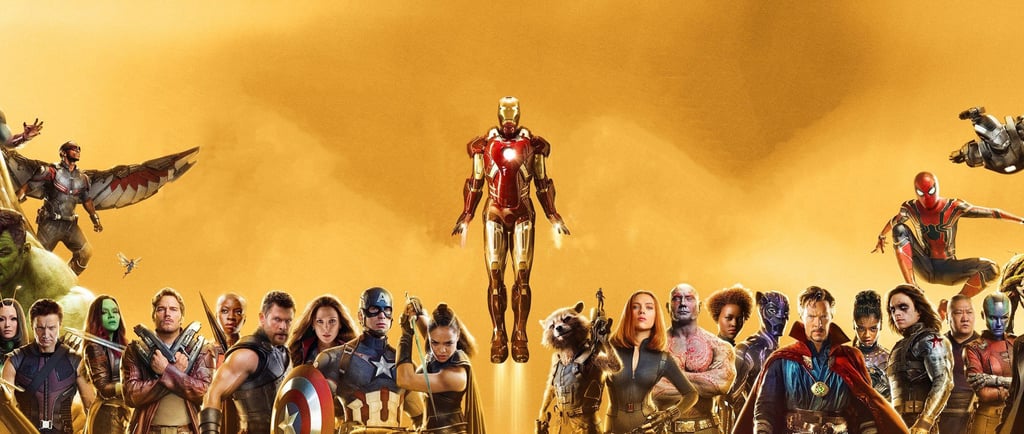Unveiling the Cinematic Universe Conundrum: Navigating Character Authenticity and Consistency in Marvel and DC
GENRE REVIEWS, DISCUSSION AND STUDY
7/1/20242 min read


I'd love to share my thoughts on a truly unforgettable experience I had on April 25th, 2019. It was the day I witnessed the Avengers' final team-up, Captain America wielding Mjolnir, every superhero assembling against Thanos, and Iron Man's sacrificial act. That day marked a cinematic spectacle, the culmination of years of storytelling and character development.
Today, I want to delve into the thought-provoking approach of bringing characters to life on the big screen. While building a cinematic universe allows for maintaining the unique tone of each character, we need to question whether this approach risks becoming solely profit-driven, lacking artistry, consistency, and direction. Is it shaping the future of movie history or leading to the downfall of art itself?
Marvel Cinematic Universe
The Marvel Cinematic Universe has undeniably made a significant impact, but it has faced criticism for veering from its original path and neglecting character arcs. The forthcoming "Doctor Strange: Multiverse of Madness" exhibits these concerns. While Sam Raimi's direction impresses, the film's writing and character arcs leave much to be desired. The regression of Wanda Maximoff's progression and inconsistent character portrayal underscores the struggle to maintain consistency in character development across different media.
It's a challenge for directors to honour the characters' journeys and retain their tone and progression as they transition from one film or show to another. Marvel needs to focus on maintaining consistency and nurturing the distinctive tone of each character introduced across various media types.
DC Cinematic Universe
DC's struggle in terms of direction, writing, and tone is also worth discussing. "Man of Steel" was a spectacle and a great film to watch, but over the years, Warner Brothers' interference has led to an inconsistent tone and frequent cancellation of potential films and TV shows that could have showcased amazing stories on screen.
I initially found the dark and gritty tone appealing, especially in Superman's portrayal by Zack Snyder. However, I've come to realize that this approach doesn't necessarily fit most of the characters. For instance, Batman, despite being a dark character, also embodies moments of happiness and optimism. These characters are more than just iterations; they are the representation of self-reflection of who we truly aspire to be; optimistic, determined, and distinctive of who we truly aspire to be.
In my opinion, while Zack Snyder's version of Superman in the Snyder Cut was compelling, plans for other characters, especially Superman, should not all be dark and gritty. These characters should reflect more than just a single tone, embracing the complexity and depth that make them compelling heroes.
Conclusion
In conclusion, both the Marvel Cinematic Universe and the DC Cinematic Universe have encountered their fair share of challenges in maintaining consistency, coherence, and character development. As fans who deeply care about these iconic characters, we hope that both studios can learn from past criticisms and continue to deliver stories that stay true to the essence and progression of each character. Ultimately, the art of crafting compelling superhero narratives should prioritize authenticity, depth, and emotional resonance, bringing forth a diverse range of tones and themes that reflect the complexity of these beloved characters and resonate with audiences.
